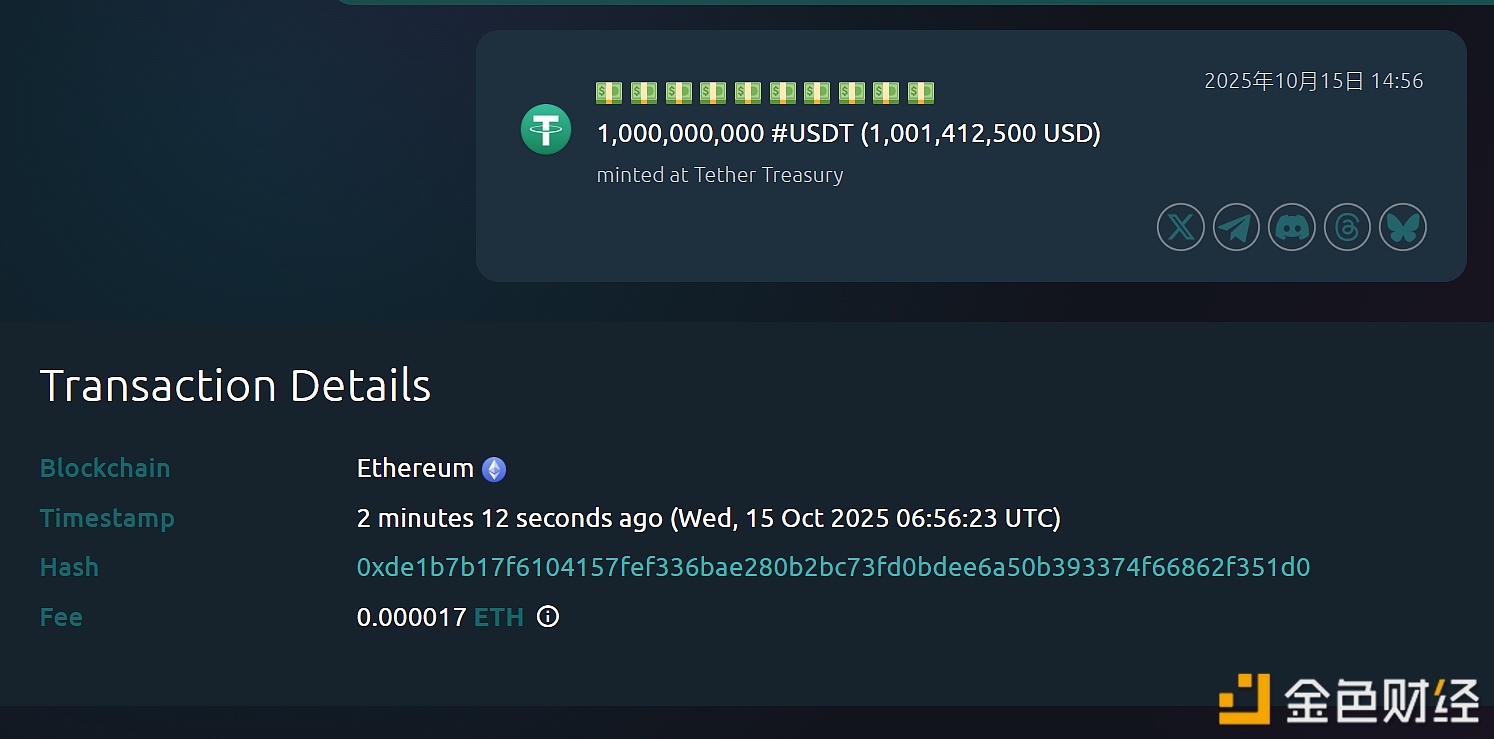Daofu Bank explores stablecoins and tokenized deposits.
According to reports, the traditional financial giant State Street Corp., headquartered in Boston, is exploring the launch of its own stablecoin and tokenized deposits to leverage blockchain technology for improving payment settlements. As reported by Bloomberg on Wednesday, the bank has been actively working to integrate into the crypto space. State Street is driving digital expansion aimed at participating in the development of a digital cash alliance and exploring settlement solutions through its investment in the fintech company Fnality International. Fnality focuses on blockchain-based payment solutions, which are central to State Street's global payment simplification strategy. The company is intensifying its efforts in digital assets by integrating its specialized team into overall business operations, combining traditional finance with digital assets.
State Street has been taking action in the blockchain industry by providing fund management and accounting services for spot Bitcoin ETFs and collaborating with Galaxy Asset Management to develop digital asset ETFs. Reported earlier last month, State Street rebuilt its digital asset division just six months after layoffs and plans to offer cryptocurrency custody services. The company recently surveyed 300 investment institutions, revealing that nearly half of them are ready to trade digital assets both on distributed ledgers and off-ledger as long as there is suitable infrastructure.
In the traditional financial sector, more participants are increasingly tokenizing real-world assets (RWA) such as bonds and funds using blockchain technology. This brings additional benefits like increased efficiency, faster settlement speeds, and reduced management costs. At the same time, stablecoins are also attractive because they are pegged to stable assets (usually USD) value-wise and provide a digital representation of fiat currency on blockchains.
JPMorgan Chase has been at the forefront of applying blockchain technology; it launched Onyx Blockchain and JPM Coin in 2020 expanding through tokenized collateral networks by 2023. Goldman Sachs began trading digitized bonds on blockchain in 2021 while PayPal introduced PYUSD stablecoin in August 2023. In March this year, BlackRock ventured into asset tokenization through a digital liquidity fund shortly after successfully launching spot Bitcoin ETFs.
These developments illustrate an increasing mainstream acceptance of digital assets within finance institutions seeking market adaptation through blockchain technology.
Disclaimer: The content of this article solely reflects the author's opinion and does not represent the platform in any capacity. This article is not intended to serve as a reference for making investment decisions.
You may also like

Bitget launches VIP Upgrade Program: Instantly enjoy VIP level +3 experience with a screenshot
Document intelligence platform Reducto completes $75 million Series B funding round, led by a16z